Are you aware that pH levels are different in different parts of your body? Saliva has a pH range of up to 7.6, but urine is generally more acidic due to the cellular metabolism that prepares the body for excretion after a night’s rest. The recommended blood pH level for healthy health is slightly alkaline at about 7.4 and our bodies do an excellent job of maintaining the proper pH level in our blood. Foods are unlikely to have a large impact on pH levels, although alkaline foods can give critical vitamins, minerals, and phytochemicals to our systems. Want to know more about acidic or alkaline foods? Stay on this page.
Acidic Foods
Foods with a pH level of 4.6 or below are considered acidic. They are less likely to promote rapid microbe development, therefore they may take much longer to break down. Excessive intake of acidic foods, based on one school of thought, is associated with urinary stones, weak bone strength, and the advancement of illnesses like arthritis.
If your pH levels are lower than the ideal pH level, the following acidic foods should be consumed in moderation:
- Sodas: Some data shows that phosphoric acid, which is often present in darker sodas, is connected to decreased bone density, particularly when it is substituted for milk.
- Refined sugar: A diet high in processed sugars can lead to acidity in the urine and also other health problems. This can contribute to the emergence of uric acid stones, a kind of kidney stone.
- Chemically processed foods: They are generally made up of refined components and artificial additives with minimal nutritional benefits. Pigments, chemical flavorings, and artificial sweeteners are commonly used. Oily, fried foods such as fast foods are usually high in trans and saturated fats, and fatty meats such as ham and bacon, stay in the body for a long time. This can cause acid reflux symptoms since the digestion process is slowed down.
Alkaline Foods
According to research, cancer cells flourish in very acidic conditions. The alkaline diet advocates think that by eating a diet heavy in alkaline foods and limiting acidic foods, you may elevate your body's pH levels and make your body a less cancer-friendly environment.
If you've been eating too much red meat, junk meals, and processed foods, it's time to add some alkaline foods to your diet:
- Nuts: Alkaline-rich nuts like chestnuts and almonds satiate hunger, decrease cholesterol, and protect against Type 2 diabetes.
- Green leafy vegetables: Many leafy veggies have an alkaline influence on our bodies. The fact that health experts often encourage us to incorporate vegetables in our balanced meals is not without grounds. They include important minerals that the body needs to perform various activities. Try kale, spinach, and mustard greens!
- Seasonal fruits: Every dietitian will tell you that including seasonal fruits in your regular diet will help you stay healthy. They're chock-full of vitamins, minerals, and antioxidants that support a variety of metabolic activities. They're also high in alkalinity; notably kiwi, pineapple, and watermelon.
Recognizing pH levels, the impacts of excessive acidity in the system, and whether foods are acidic or alkaline may all help you enhance your general health and lifespan. Bookmark this article and start incorporating more alkaline foods the next time you do your grocery shopping.
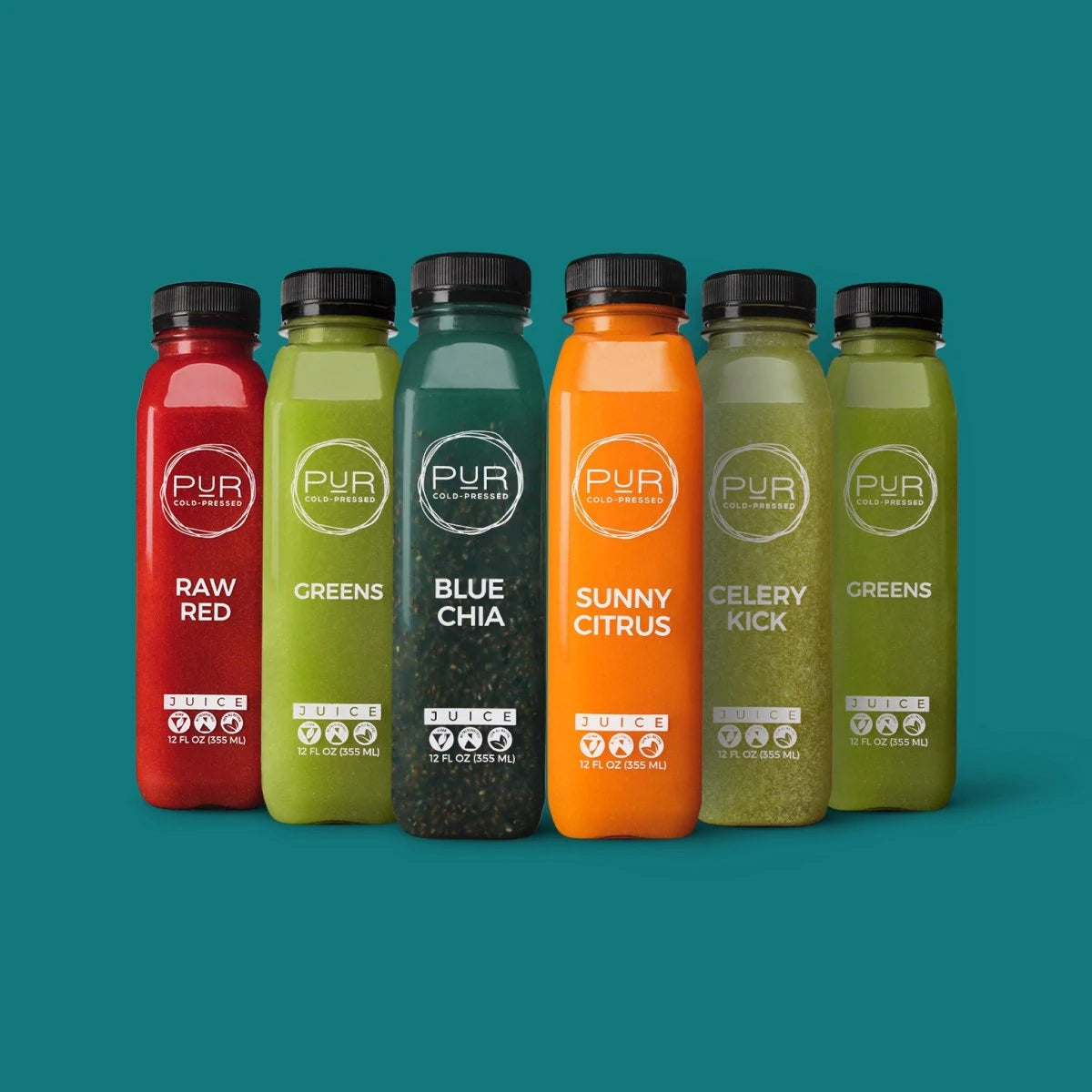


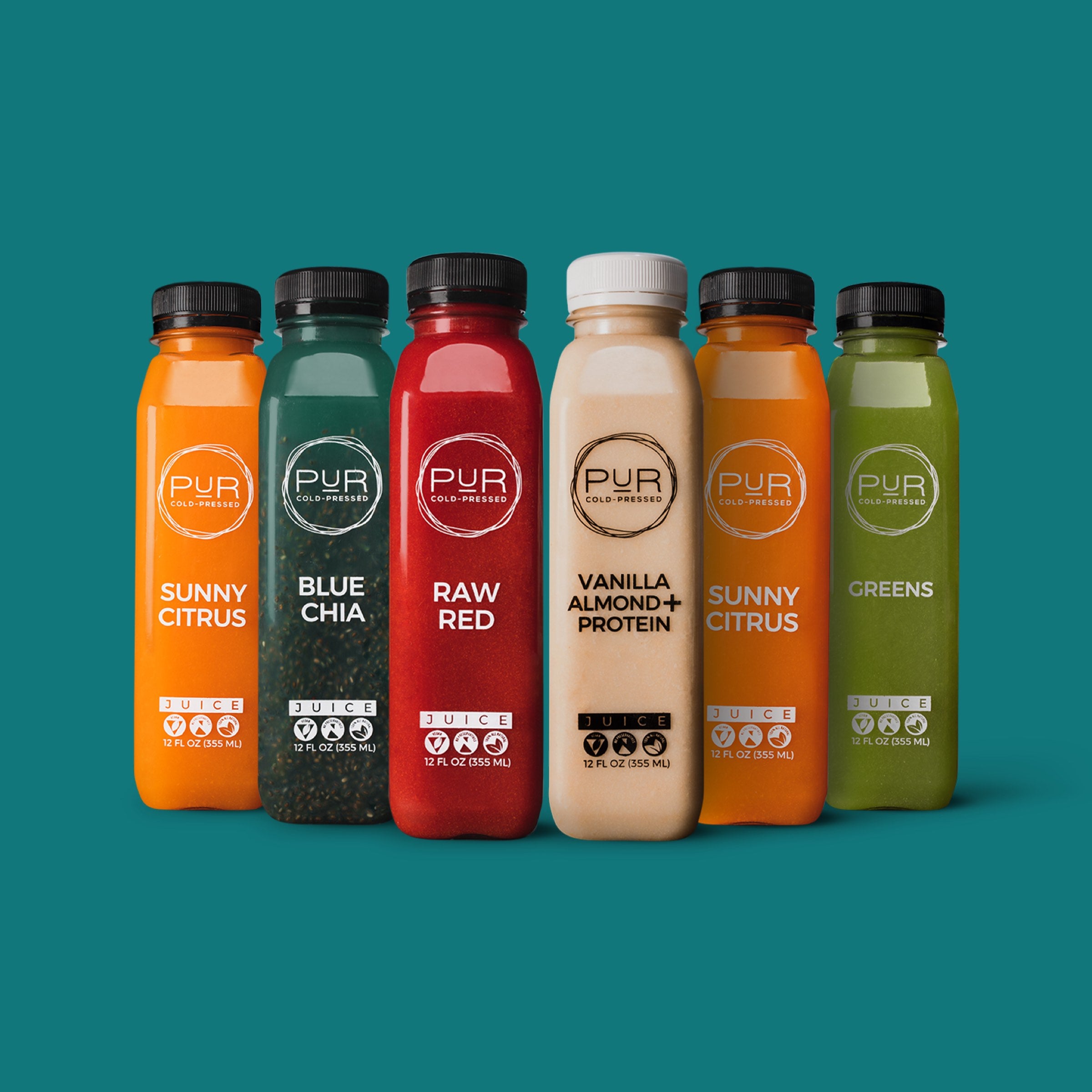
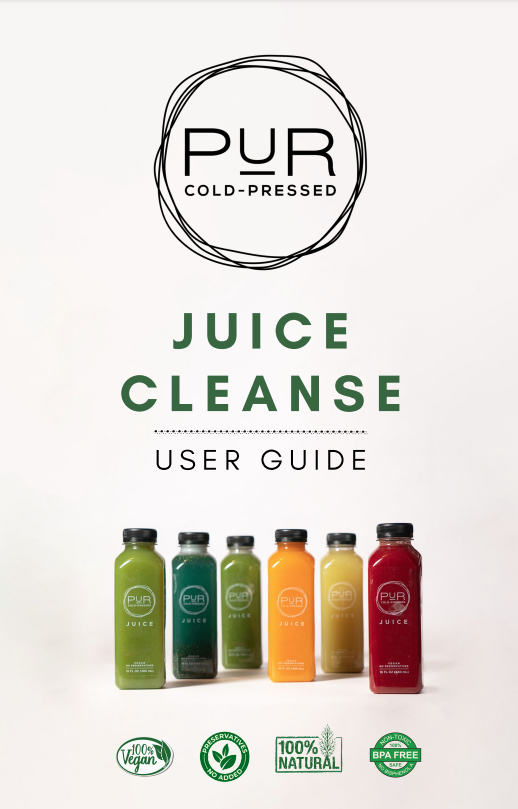
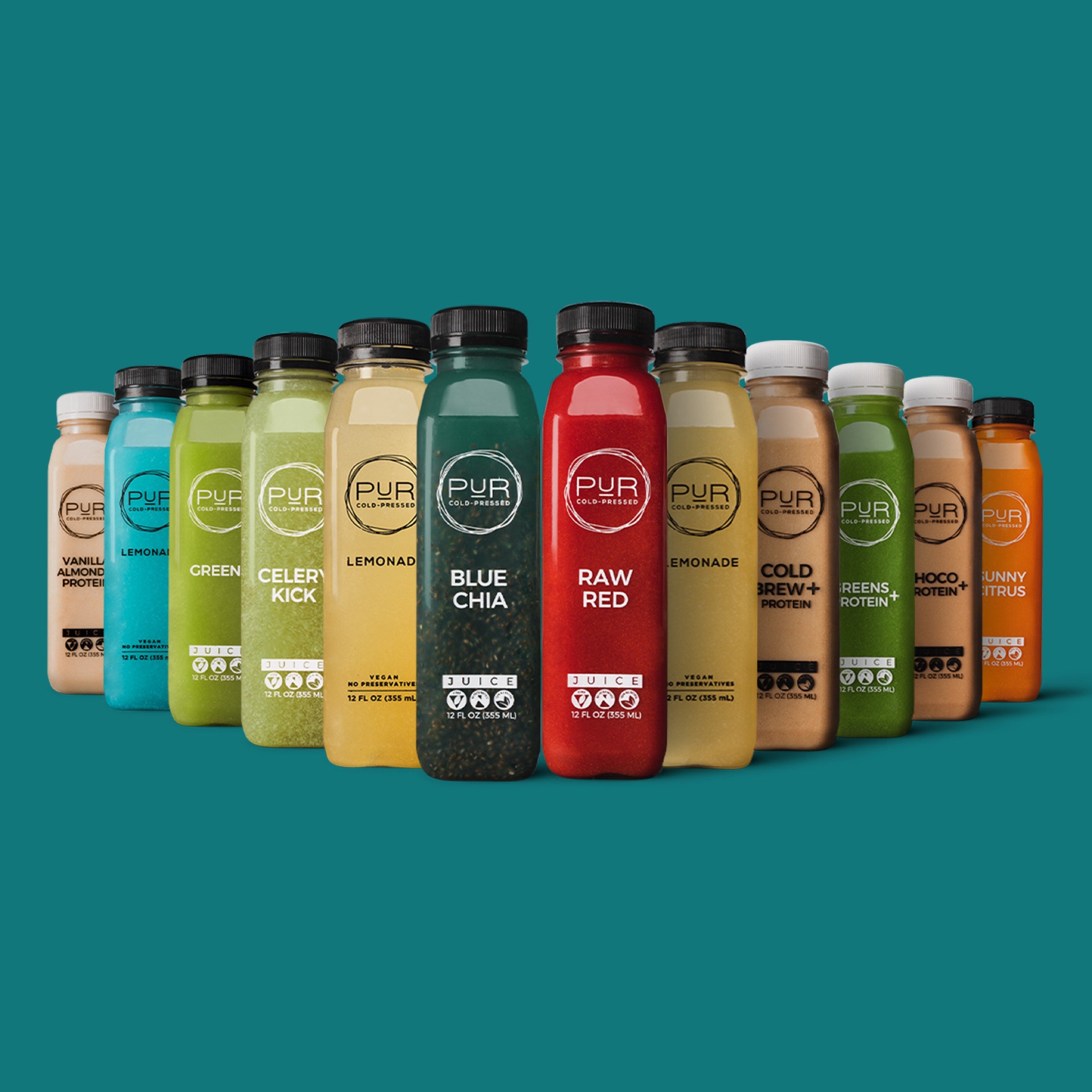

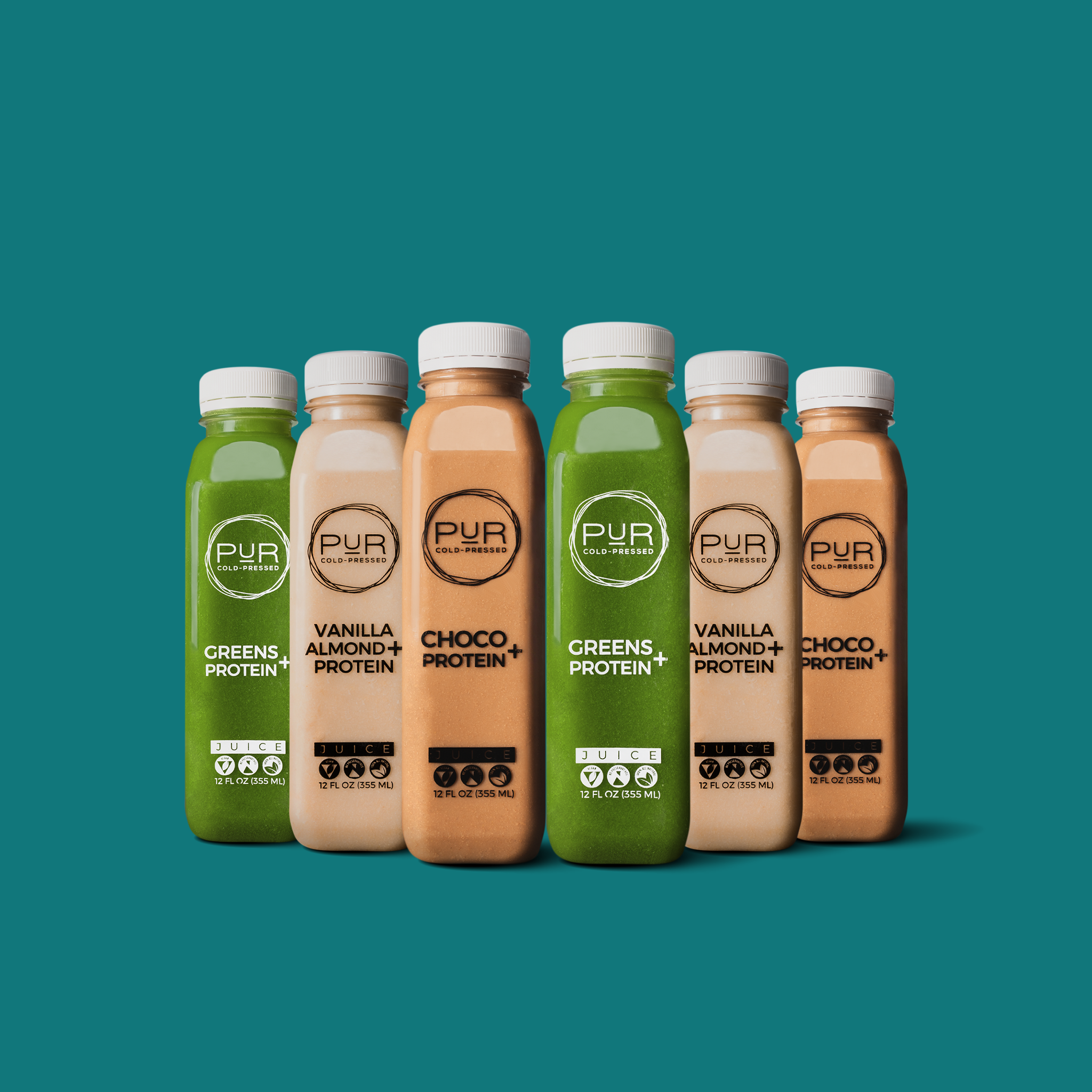
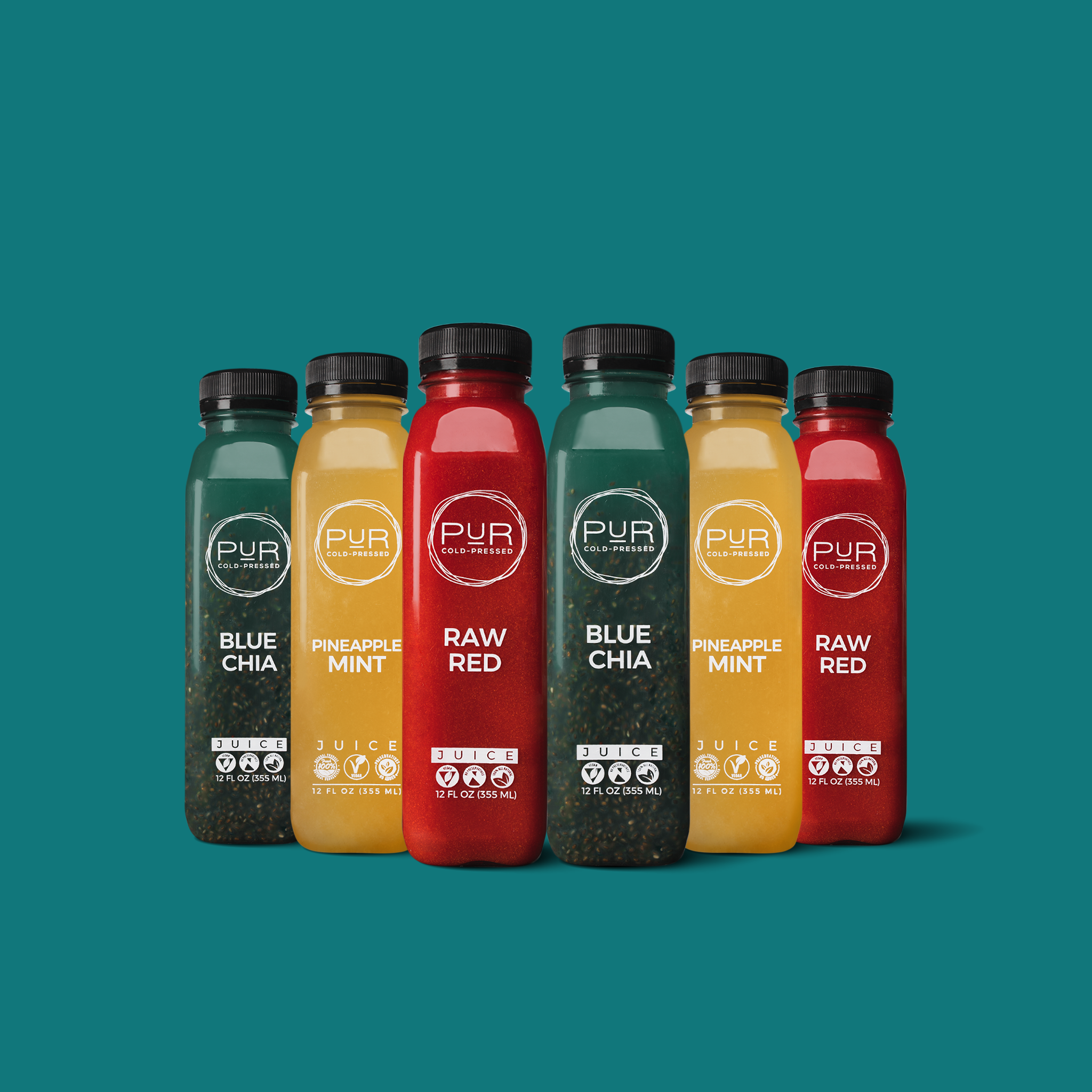
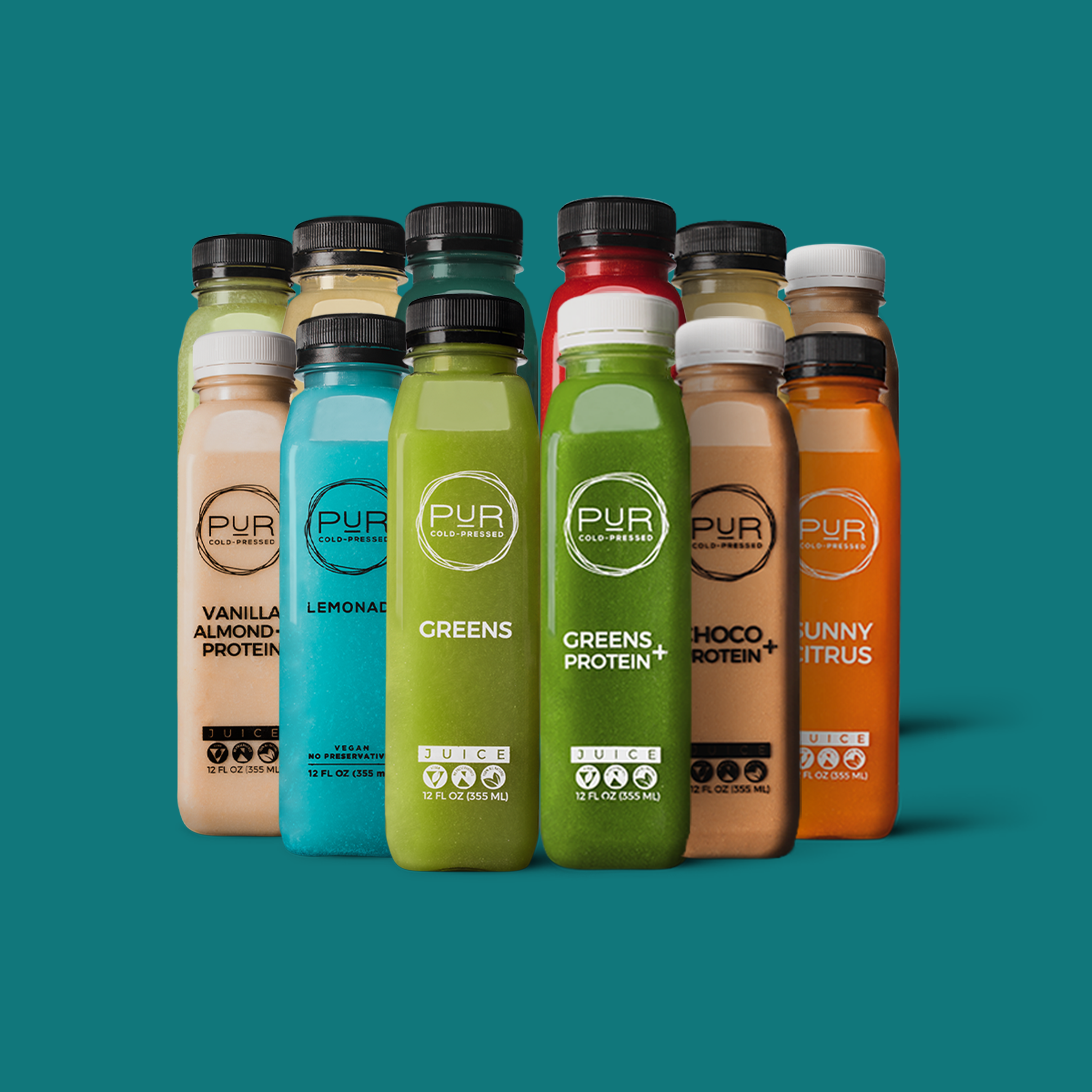
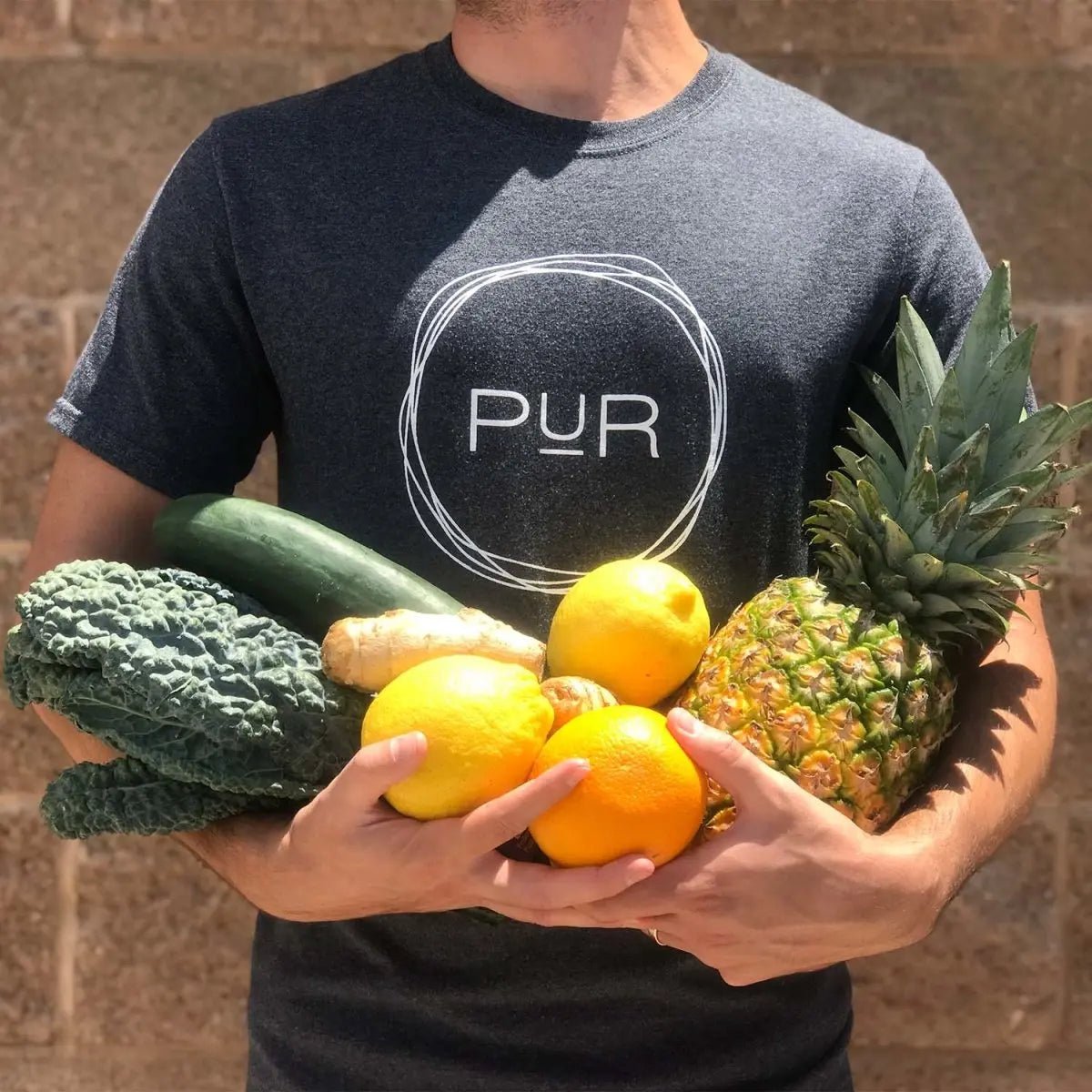


Leave a comment
All comments are moderated before being published.
This site is protected by hCaptcha and the hCaptcha Privacy Policy and Terms of Service apply.